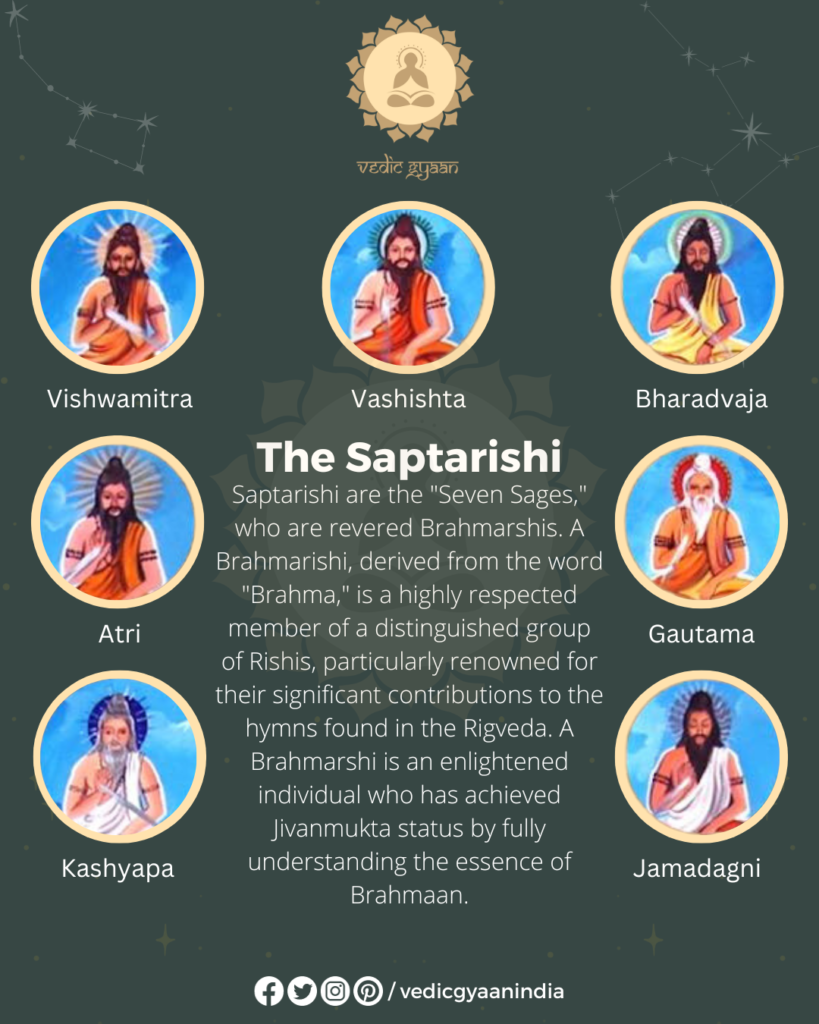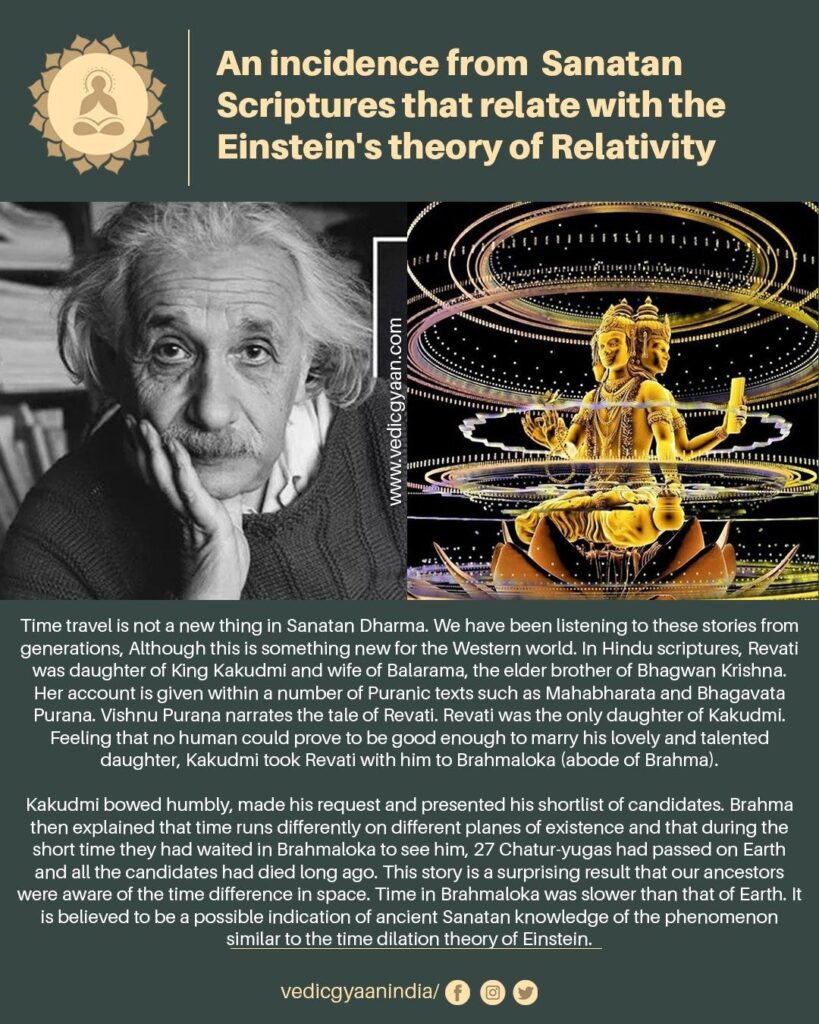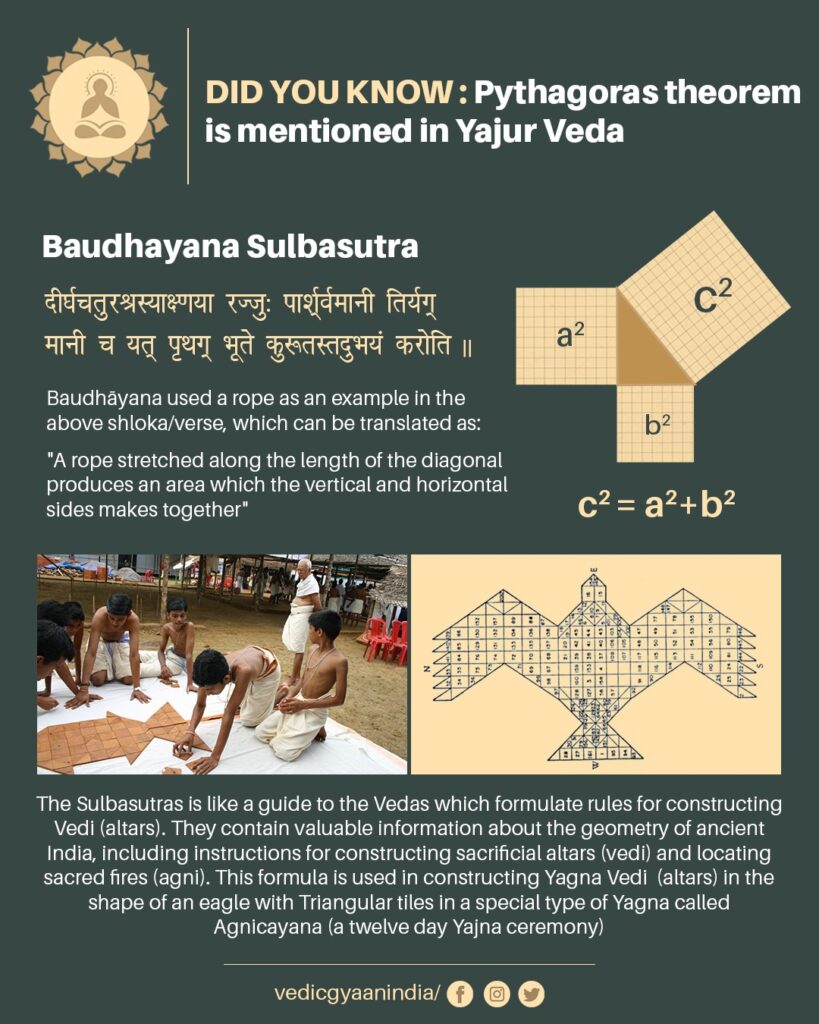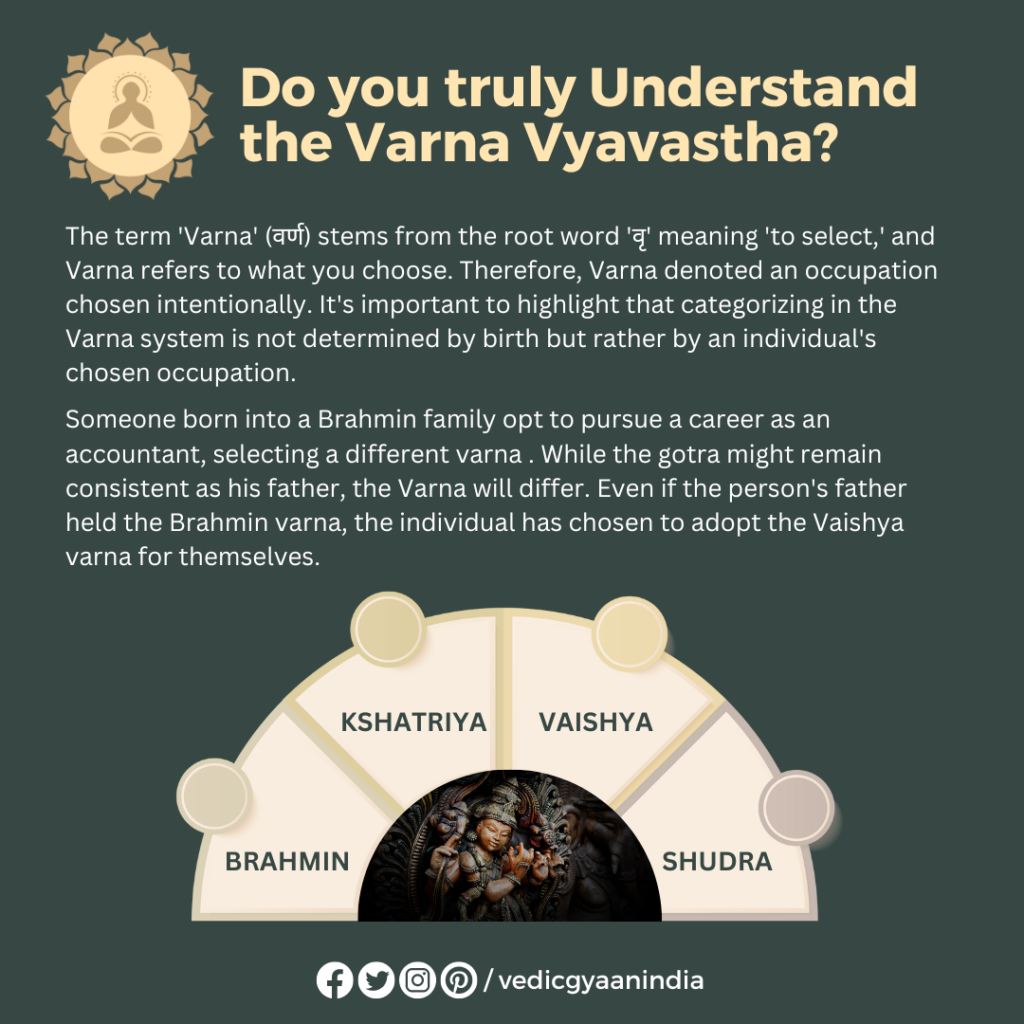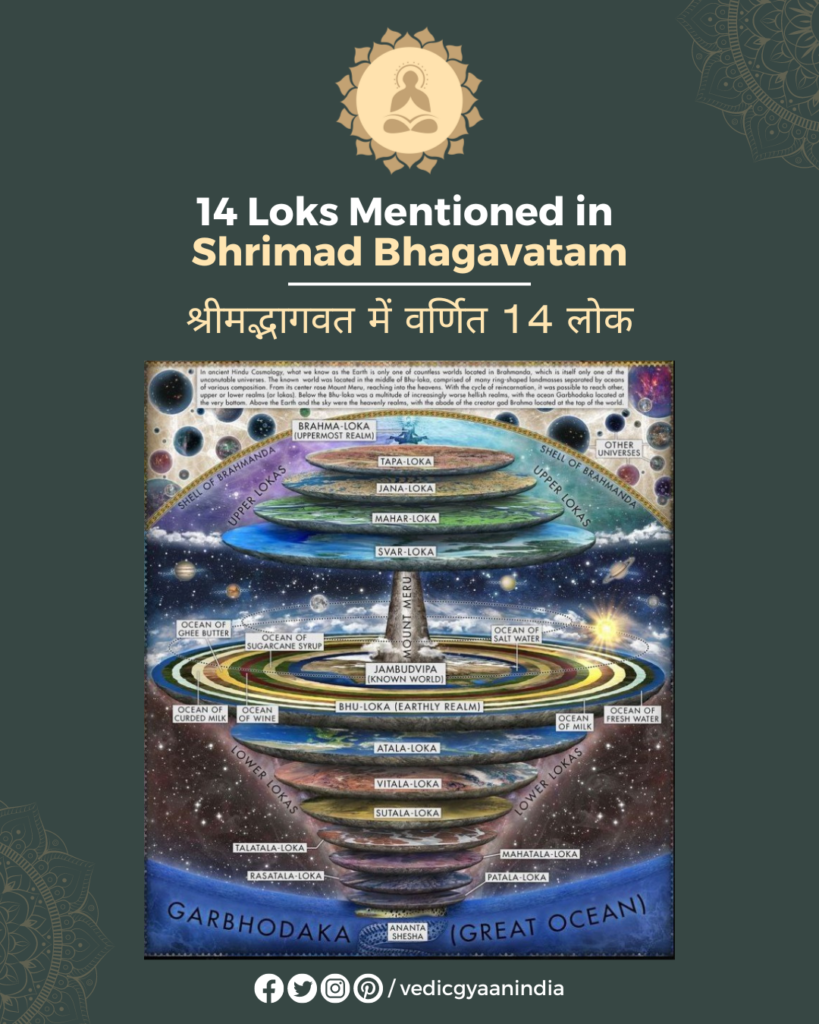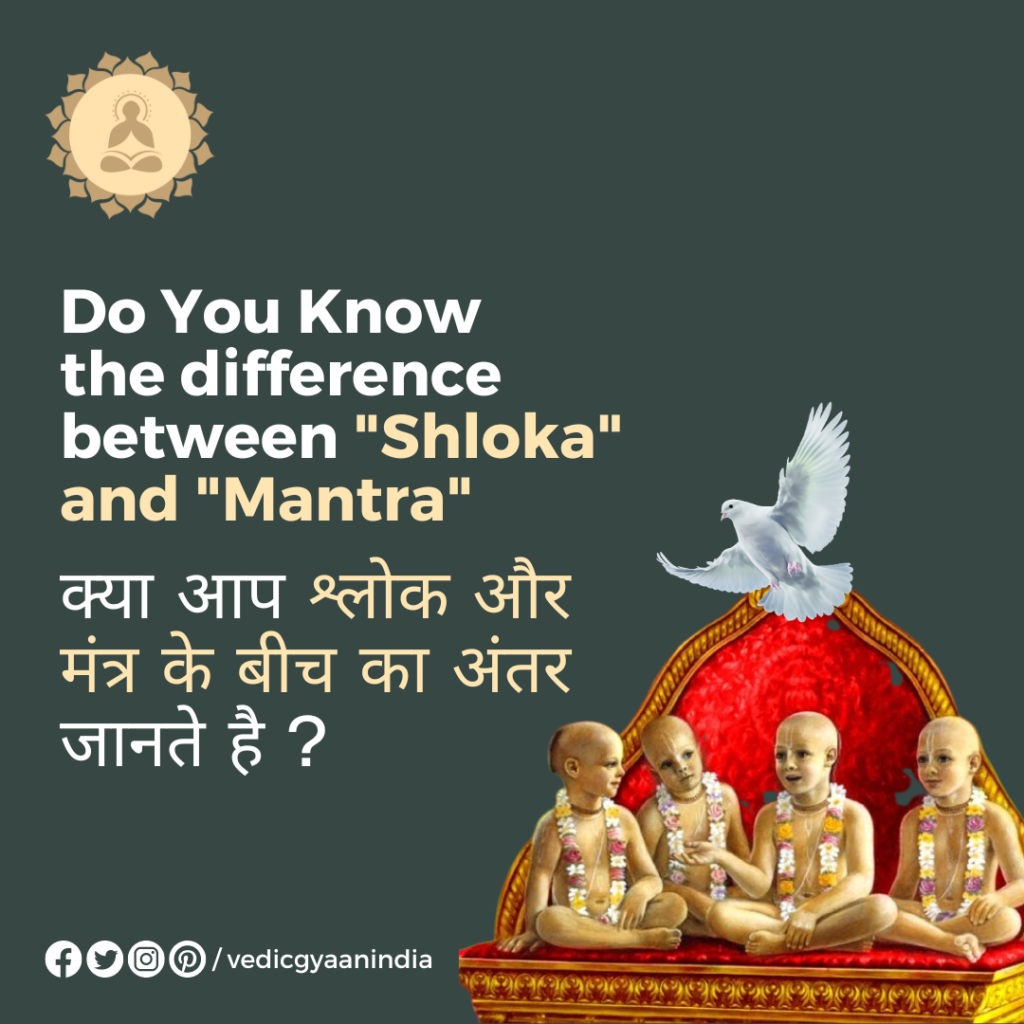Rahu Transit – How will it effect Rashis?
The Transition At 11:52 PM, when we all will be in deep sleep on 30 October 2023, Rahu will silently transit to Meen Rashi from Mesha Rashi and Revati Nakshatra from Aswini Nakshatra at Delhi. Mesh is the first Rashi, whereas Meena is the last Rashi in the sequence of Rashis. In the same way, […]



